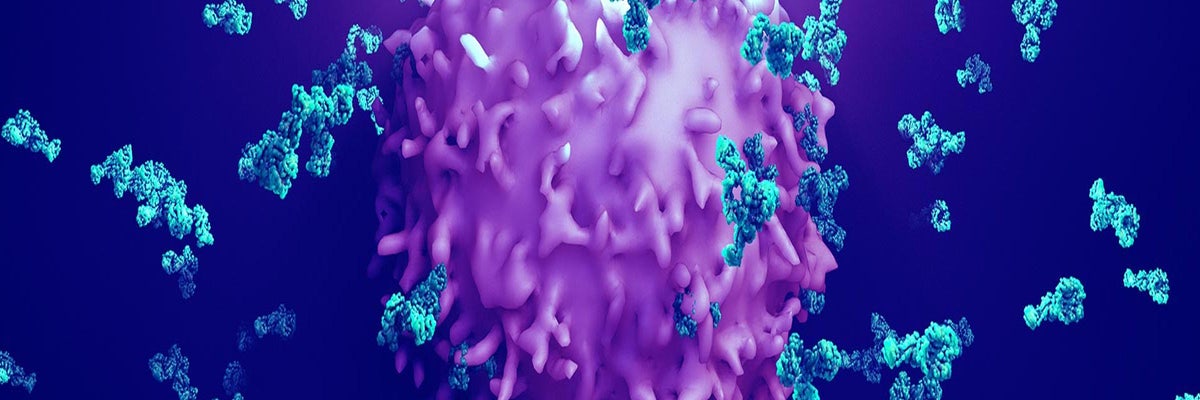

Detection of MAPK activation to evaluate the efficacy and potency of KRAS/SOS1 inhibitors by AlphaLISA and HTRF technologies
Evaluation of the therapeutic profile of anti-oncogene compounds in various cell lines with AlphaLISA™ and HTRF™
KRAS is a proto-oncogene known to be mutated in many cancer subtypes, inducing uncontrolled proliferation and cell metabolism changes. Like most small GTPases, KRAS will bind to GDP in its inactive form or to GTP in its active form. KRAS G12C is one of the most commonly found mutant forms in cancers, and leads to a permanently active state of KRAS. The upregulation of KRAS interaction with the exchange factor SOS1 leads to cancer phenotypes. Reducing KRAS activity and associated pathways could control the biological processes involved in cancer growth. Furthermore, it is well known that KRAS induces activation of mitogen-activated protein kinase (MAPK), thus playing a central role in human cancers.
This application note provides a convincing demonstration of the reliability of the AlphaLISA and HTRF KRAS portfolios to evaluate compound in vitro therapeutic profiles in a cellular context:
- Determine the effects of KRAS and SOS1 inhibitors in different human cancer cell lines
- Discriminate the cellular action of KRAS-targeting compounds and evaluate their effectiveness in modulating KRAS downstream pathways.
For research use only. Not for use in diagnostic procedures.
To view the full content please answer a few questions
Download Resource
Detection of MAPK activation to evaluate the efficacy and potency of KRAS/SOS1 inhibitors by AlphaLISA and HTRF technologies




























